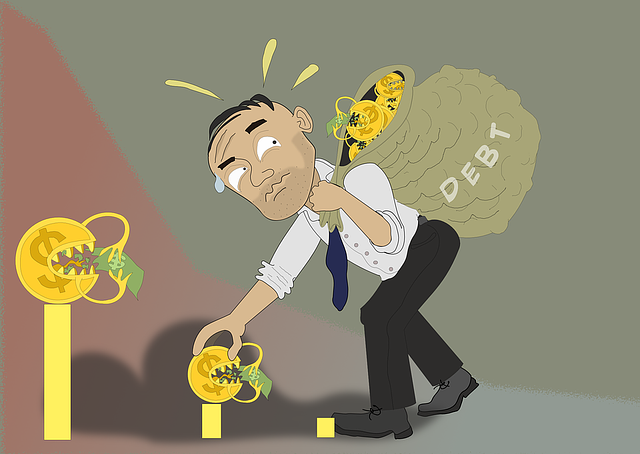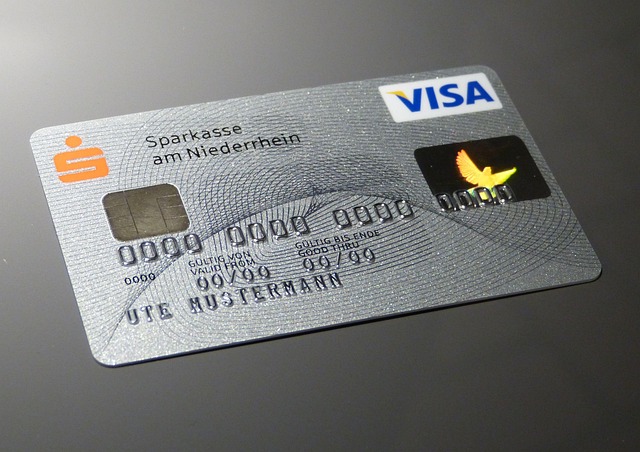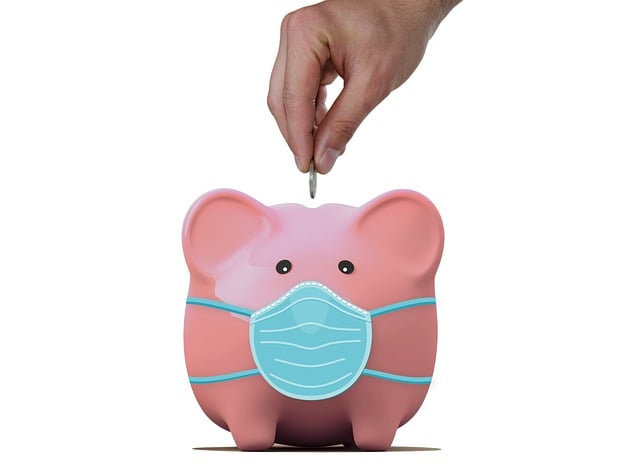Debt consolidation with poor credit offers a single loan with lower interest rates for managing multiple high-interest debts. However, finding suitable options is challenging due to associated risks. A comprehensive guide like bad credit debt consolidation helps navigate this process effectively. Researching reputable experts and understanding advantages/disadvantages of various methods, such as secured loans or non-profit counseling, is crucial for making informed decisions tailored to individual financial goals.
Struggling with debt and low credit scores? Discover how to find local experts specializing in debt consolidation with poor credit. This comprehensive guide navigates the world of debt relief, offering insights on understanding your options, locating reputable consultants, and evaluating services. Learn key strategies for qualifying and collaborating with these professionals to achieve financial stability. Take control of your finances and explore effective debt consolidation paths tailored to your unique circumstances.
- Understanding Debt Consolidation Options with Poor Credit
- Locating Reputable Experts for Debt Relief
- Evaluating Debt Consolidation Services: What to Look For
- Strategies for Qualifying and Working with Debt Consultants
Understanding Debt Consolidation Options with Poor Credit

Debt consolidation is a viable option even for those struggling with poor credit. It involves combining multiple high-interest debts into a single loan with a lower interest rate, making repayment more manageable. However, finding suitable options can be challenging due to the potential risks associated with bad credit. A comprehensive guide like the bad credit debt consolidation guide for beginners is essential to navigate this process effectively.
Understanding your credit profile and various debt consolidation methods tailored to poor credit history is crucial. While instant approval debt consolidation loans for poor credit might seem appealing, they often come with higher interest rates. Alternatives include secured debt consolidation loans (using an asset as collateral) or working with non-profit credit counseling agencies that offer free financial advice and may help negotiate better terms with creditors. Each option has its pros and cons, so careful consideration is required to make an informed decision.
Locating Reputable Experts for Debt Relief

When seeking debt relief, especially with poor credit, it’s crucial to partner with reputable experts in debt consolidation. These professionals can guide you through various options tailored to your financial situation, including debt consolidation loans for bad credit and programs designed for people on disability benefits. Reputable experts will assess your unique circumstances, offering solutions that align with your goals while prioritizing responsible borrowing practices.
To ensure quality service, research is key. Look for organizations with positive reviews, transparent pricing structures, and a proven track record of helping individuals in similar situations. Consider asking for recommendations from trusted sources or checking with regulatory bodies for any complaints or certifications. Understanding the pros and cons of debt consolidation for poor credit—such as lower interest rates versus potential fees—will empower you to make an informed decision alongside your chosen expert’s guidance.
Evaluating Debt Consolidation Services: What to Look For

When considering debt consolidation with poor credit, it’s crucial to evaluate the services offered by potential lenders thoroughly. Look for providers that specialize in low interest rate debt consolidation loans tailored for individuals with lower credit scores. These loans often come with flexible terms and conditions, making them a viable option for managing debt effectively.
Assess the pros and cons of debt consolidation for poor credit before taking the plunge. On one hand, consolidating debts can simplify repayment by combining multiple payments into one manageable schedule. It may also help reduce overall interest expenses. However, it’s essential to weigh these benefits against potential drawbacks, such as longer loan terms or stricter eligibility criteria. Remember that when should I consolidate my debt with poor credit depends on your unique financial situation and goals.
Strategies for Qualifying and Working with Debt Consultants

When considering debt consolidation with poor credit, it’s crucial to approach the process strategically. Start by gathering your financial information and creating a detailed budget. This step is essential for understanding your current financial situation and identifying areas where consolidation could provide relief. Next, research different debt consolidation options tailored for individuals with poor credit scores; various lenders and programs offer specialized services designed to help manage and reduce debt.
One effective strategy is to focus on credit repair debt consolidation strategies that combine loan refinancing or restructuring with counseling services. These programs often include educational components aimed at teaching responsible financial habits. Timing your consolidation efforts strategically can also make a significant difference; aiming for periods when interest rates are relatively low can result in substantial savings over the life of your loans. Following these initial steps will better prepare you to engage with debt consultants and make informed decisions regarding when should I consolidate my debt with poor credit.
When exploring debt consolidation with poor credit, locating reputable experts is key. By understanding various debt consolidation options, evaluating service providers thoroughly, and implementing strategies for qualifying and collaborating with consultants, you can make informed decisions towards managing your financial burdens effectively. Remember, the right guidance can significantly impact your journey to debt relief.
